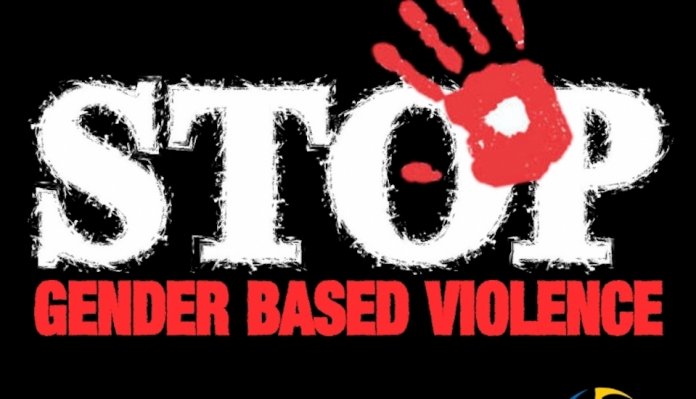‘If you let me live, use my voice for those who can’t speak’

JN Mutere’s story is difficult to listen to. She was one of scores of women raped during the violence that shook Kenya after the 2007 disputed elections.
The attack, by a neighbour, led to the birth of her daughter and complications which nearly killed her. Fearing death as she lay on the hospital bed, she made a “covenant with God” – if she were to die, she placed her children in his hands; if she lived she would speak out for those who could not.
She survived, and since then Ms Mutere has used her voice to great effect. She founded her advocacy group, the Grace Agenda, to try to make sure the survivors of sexual violence were at the centre of the conversation of how the issue could be tackled. It stemmed from her first experiences attending events with other survivors.
“We were perceived as specimens. We were perceived as things to be observed under a microscope. We were guinea pigs… And after that we were given a pittance to go home with, [while] they remained with the big bucks to justify their interventions nationally. And I thought that was not fair.”
Ms Mutere has just been in London for a conference looking at the prevention of sexual violence in conflict.
She says for someone with her lived experience, such events with their “well-intentioned” speeches can feel a bit “fake” and don’t focus enough on survivors. Despite this she says she’ll continue to attend because she’s determined to hold governments and other stakeholders to account.
But maybe Ms Mutere’s biggest victory has been in her personal life.
The child she considered aborting or giving up for adoption is now a teenager and the “pride and joy of our house”. Asked to describe her, she says she “brings home people who are in need. She speaks up for other people. She really is a defender of human rights”.
Ms Mutere says for her daughter’s sake, she dreams of a world free of sexual violence.
“We must draw a red line… It must stop. It must not be used as a weapon of war. It must be brought to justice.”
By BBC



